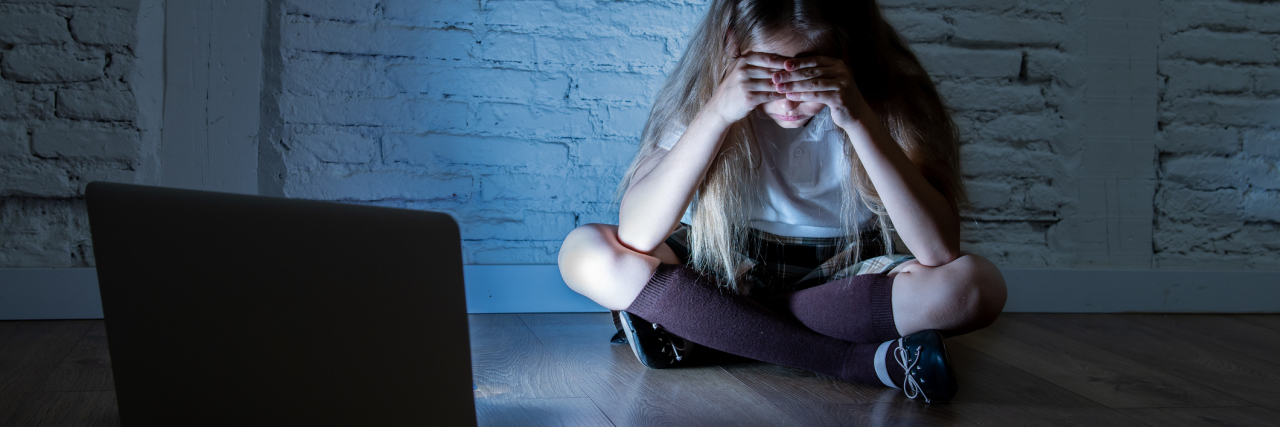Dear Parents, Please Think About What You Post to Social Media About Your Child
Editor's Note
This story has been published with permission from the author’s friend.
We live in a world where our lives are broadcasted all over social media. I wake up, take a look at my phone, and within five minutes I know that Cheryl is nervous for her job interview, Daniel had a green smoothie for breakfast and Leah is in a new relationship. In 2003, the famous social media platform, Facebook, came out and has now built itself up to 2.38 billion monthly users. Since 2003, people have been sharing intimate details about their lives, such as how they are feeling, what they are eating or where they are in the world.
Often times we use our social media as a safe haven. We need support; we need to know that someone else out there can relate to what we are going through and maybe even get their advice. Don’t get me wrong, it’s great that so many people can find reassurance in that, but as with all things, we need to think before we act.
You see, Active Healthy Kids Canada reported in 2014 that, “children 3 to 5 years old spend an average of two hours per day in front of screens, children 6 to 12 years old spend an average of six hours per day in front of screens, and teens 13-19 spend an average of nine hours on their screens each day.” As parents we do our best to protect our children and teach them about online etiquette; not talking to strangers, having a private account, not making rude comments or posting anything that can’t be taken back.
But we happened to leave out one very important detail in preparing our kids for this “social media world” that we are living in: what we as parents are posting.
I have a friend whose son was born in 2005, making them 14 years old now. Back in 2008, my friend made a post complaining about their “impatient 3-year-old, who would not respect the rules.” It was a simple post, from a frustrated parent, seeking support. What they didn’t realize when they made this post so long ago, is that today we live in a world where social media is so heavily relied on that their son would eventually see this post as he searched for old baby pictures on his eighth grade graduation. Yes, it was a simple post, and many people like to believe that this generation is just too sensitive, but my friend’s son saw this post and it hurt him badly. He continued to look and saw several more posts of this parent with complaints to make about him. It was an innocent act on his parent’s part, but he was deeply saddened when he looked back trying to find something positive about his past and found that at just 3 years old, his parent was ashamed of him for a behavior he struggles with to this day because of a developmental delay he has.
At the age of 14, where kids are already very self-conscious and make impulsive decisions, before countering in the differences some may have, they shouldn’t have to look back and see all of those negative things about themselves; the intimate details of their childhood that they deserved to keep private from a platform of 2.38 billion people.
The first step in keeping our children safe on social media (because they will find their way to it eventually, no matter how hard we try) isn’t teaching them online etiquette, but remembering to have it ourselves first.
I get it, some days are hard, but if you have to post about it, try saying, “my son is struggling to wait for my direction, how can I help him?” or “my daughter spends a lot of the day screaming, would anyone know how I can help her feel more comfortable?” I know as a parent it’s a struggle sometimes. But it’s also hard to be a child, trying to figure out their expectations in this great, big, fast-moving world.
Having a support system is so important during difficult times. But please don’t leave your child feeling like they don’t have a support system, several years later, when they are looking at your social media.
Getty image by sam thomas

